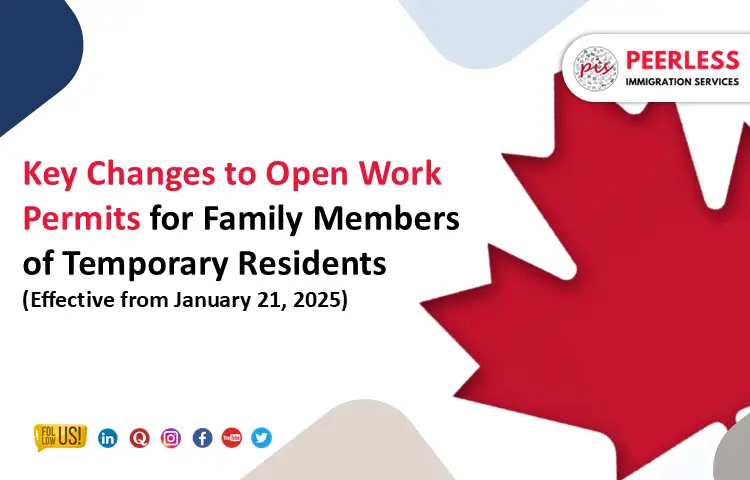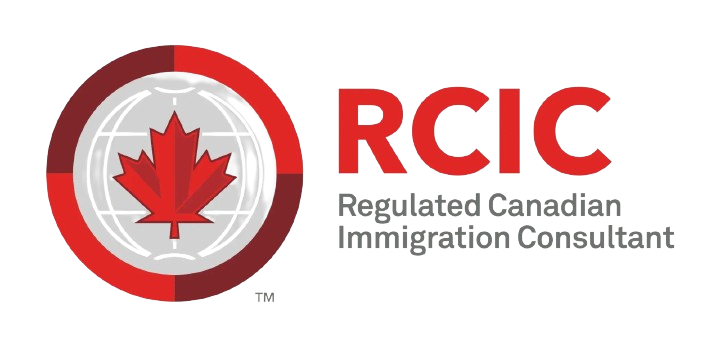
Germany to hire skilled workers outside Europe
Germany intends to hire 60,000 workers annually from outside the EU as part of a new immigration strategy.
Germany’s new strategy is centered on the labor shortages in the nation.
Germany has proposed measures pertaining to immigration, skill development, and encouraging immigration from Western Balkan nations in order to address the manpower shortage in the largest economy in Europe. Hubertus Heil, Germany’s labor minister, stated that “securing our skilled labor base is one of the biggest economic tasks for Germany for the coming decades.”
Over two million vacant employment, a record number, were available in 2022, according to the Ministry of Labour. One of the initiatives is new immigration legislation, which aims to lower barriers for migrants, particularly those who come from outside the European Union.
Christian Lindner, the minister of finance, stated that the bill will serve as the cornerstone for a fresh start in immigration policy and that everyone who could contribute as a talented worker to the nation’s economic prosperity is welcome. The proposed rule, obtained by Reuters, calls for an annual rise of 60,000 in the number of workers from non-EU nations.
Nancy Faeser, minister of the interior, declared: “If they bring professional expertise or personal promise with them, we will make it feasible for them to acquire a foothold in our labor market.
The law provides three options for foreign employees to enter the nation. The first involves both an employment contract and a degree that is recognized in Germany. The second demands a degree or vocational training, as well as a minimum of two years of work experience in a relevant field.
The third option is a new “opportunity card” for people who might be able to find employment. It is based on a points-based system that takes into account credentials, language proficiency, professional experience, ties to Germany, and age.
Herbert Bruecker, a migration expert, told Reuters that while the draught bill contained good concepts, it was not comprehensive enough. He claimed that a temporary visa to hunt for work was not appropriate due to the opportunity card’s complicated conditions.
The Federal Labour Agency will pay up to 67% of the trainees’ net wage for the duration of the program, according to a new education law that the German Cabinet adopted. Additionally, the Cabinet has decided to prolong rules that were previously scheduled to expire at the end of the year for job-seekers from Albania, Bosnia-Herzegovina, Kosovo, the Republic of Northern Macedonia, Montenegro, and Serbia. From these nations, Germany can now hire up to 50,000 workers annually, up from the prior 25,000 workers. Bruecker applauded this extension and pointed out that, three to five years after arriving in Germany, these immigrants’ employment rates ranged between 97% and 98%.















